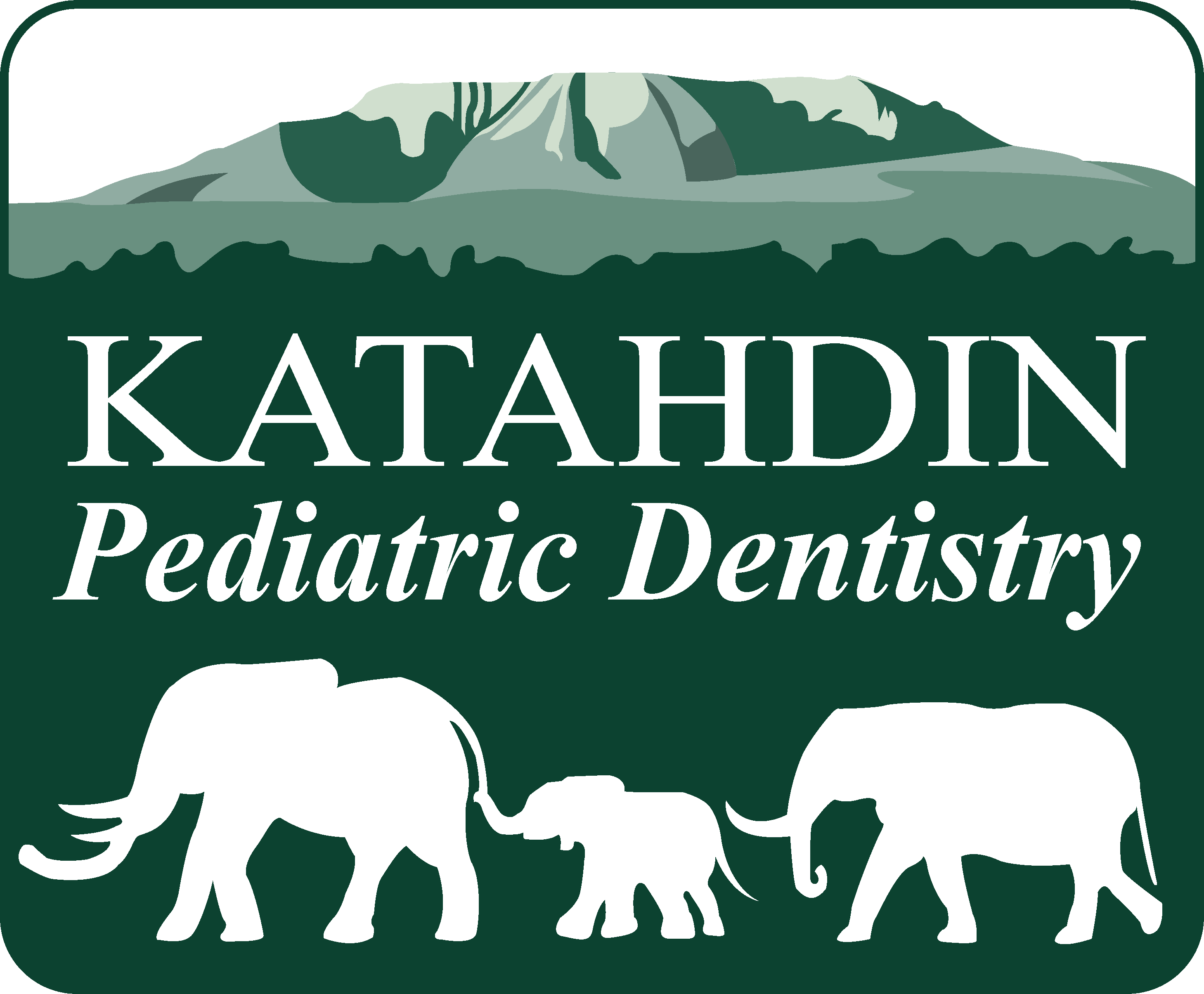Your child won’t keep his or her first teeth forever, but that doesn’t mean those tiny pearly whites don’t need conscientious care. Maintaining your child’s dental health now will provide health benefits well into adulthood, as primary (baby) teeth serve some extremely important functions.
For one thing, primary teeth serve as guides for the eruption of permanent (adult) teeth, holding the space into which these new teeth will erupt. The crowns (tops) of the permanent teeth actually push against the roots of the baby teeth, causing them to resorb, or melt away. In this way, the adult teeth can take their proper place.
What’s more, your child’s primary teeth will be there for most of childhood, helping your child to bite, chew and speak. For the first six or so years, he or she will be relying on primary teeth exclusively to perform these important functions. Until around age 12, your child will have a mix of primary and permanent teeth. You will want to make sure those teeth stay healthy and are lost naturally — when it’s time.
Your Child’s First Teeth
Your child’s 20 baby teeth will begin to appear usually between six and nine months, though in some cases it may start as early as three months or as late as twelve months. The two lower front teeth tend to erupt first, followed by the two upper ones. The first molars come in next, followed by the canines (eyeteeth). Sometimes your baby can experience teething discomfort during this process. If so, let us know and we will advise you as to the best course of action.
Your infant’s gums and newly erupting teeth should be gently wiped after each feeding with a water-soaked gauze pad or damp washcloth. Starting at age 2, when there are more teeth in the mouth, establish a daily brushing routine with a small, soft-bristled toothbrush and no more than a thin smear of fluoridated toothpaste. Your child may need your help with this important task until about the age of 6.
Your Child’s First Dental Appointment
The American Academy of Pediatric Dentistry recommends that you bring your child in to see us by his/her first birthday. Though this may sound early, we can teach you proper pediatric oral hygiene techniques, check for cavities, and watch for developmental problems.
There are a number of forms of tooth decay that can affect babies and small children. Early Childhood Caries (tooth decay) can develop rapidly, progressing from the hard, outer enamel layer of a tooth into the softer, inner dentin in six months or less.
Most of all, we want to make sure your child has a positive experience at our office and will be a regular visitor for years to come.
